2003 Chevrolet Tracker Brake Rotors and Pads
Click here to search another vehicle
All Rotors:
OEM x
Coated x
Drilled, Slotted and Coated x
Front x
Rear x
All Pads:
Ceramic x
Semi-metallic x
Front x
Rear x
Found 5 record
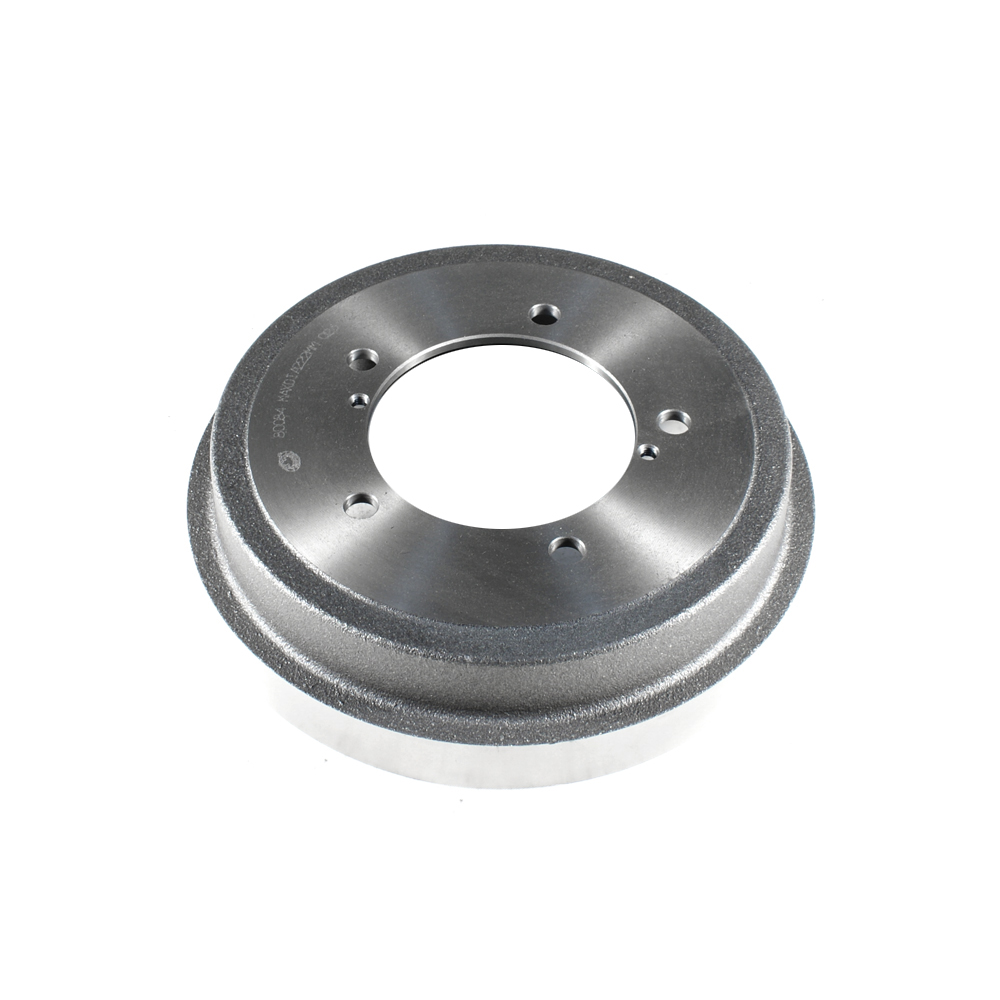
Part No: BD80084
Raybestos: 9693
OE: 30024672
Raybestos: 9693
OE: 30024672
$41.08 each
Per Car QTY: 2
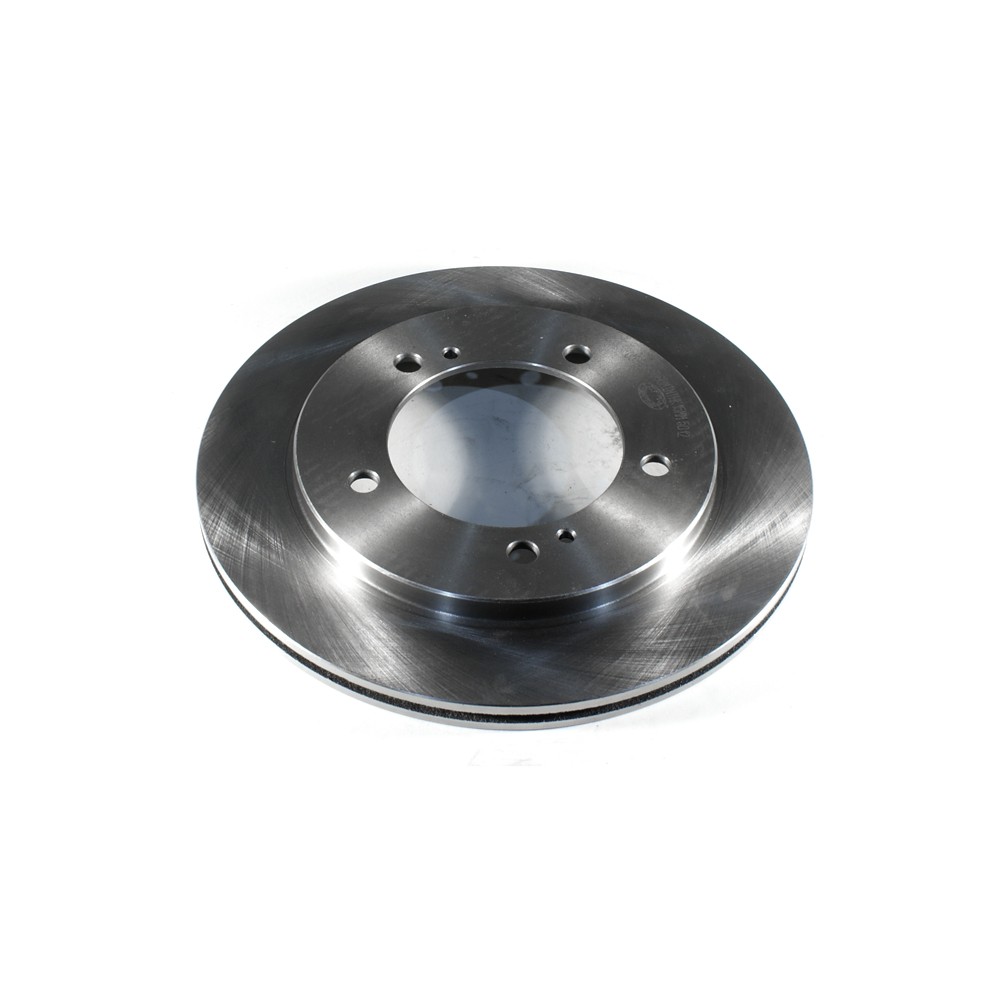
Part No: BR55060
Raybestos: 56927
OE: 30024673
Raybestos: 56927
OE: 30024673
$19.44 each
Per Car QTY: 2
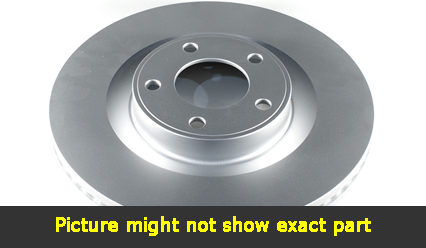
Part No: PP55060
Raybestos: 56927
OE: 30024673
Raybestos: 56927
OE: 30024673
$27.61 each
Per Car QTY: 2
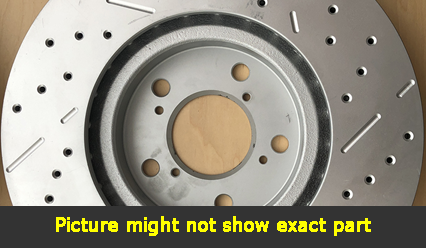
Part No: SP55060L
Raybestos: 56927
OE: 30024673
Raybestos: 56927
OE: 30024673
$60.01 each
Per Car QTY: 1
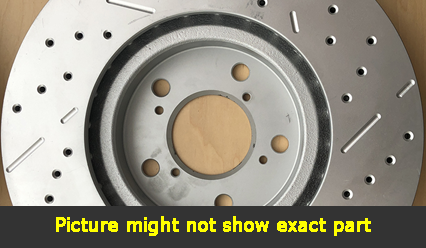
Part No: SP55060R
Raybestos: 56927
OE: 30024673
Raybestos: 56927
OE: 30024673
$60.01 each
Per Car QTY: 1
When it comes to safety, no component in your vehicle is more critical than the brakes. Reliable brakes are vital to ensure the safety of the driver, passengers, and others on the road. If you own a 2003 Chevrolet Tracker, it's essential to understand the importance of regular maintenance and to know when it's time to replace the brakes.
The braking system in the 2003 Chevrolet Tracker consists of several key components. Understanding each part can help you diagnose potential issues and ensure optimal performance.
Starting with the brake pads, they are the primary point of contact between the braking system and the rotors. Over time, the friction material on the pads wears down, reducing their effectiveness. It is crucial to monitor the wear indicators on the pads, which will notify you when they need to be replaced. Typically, they should be replaced every 30,000 to 70,000 miles, depending on driving habits.
The rotors are another key component of the braking system. They provide a smooth surface for the brake pads to grip onto, allowing for effective stopping power. Over time, rotors may become warped or develop uneven wear, leading to vibrations or pulsations when braking. If you experience these symptoms, it may be time to resurface or replace the rotors.
The brake calipers play a vital role in the braking system. They house the brake pads and use hydraulic pressure to squeeze the pads against the rotors when the brake pedal is pressed. If you notice uneven wear on the brake pads, it may indicate issues with the calipers, such as sticking or leaking. It is crucial to address these issues promptly to avoid further damage to the braking system.
Brake fluid is another critical aspect of the braking system. It transfers the force from the brake pedal to the brake components, allowing the vehicle to slow down or come to a complete stop. Brake fluid should be checked regularly and replaced according to the manufacturer's recommendations to maintain optimum performance. Old or contaminated brake fluid can lead to decreased braking performance and potential safety hazards.
Regular maintenance and inspections are the key to ensuring your braking system functions properly. Timely replacements and addressing any warning signs can prevent costly repairs and potential accidents. If you notice any of the following signs, it is crucial to have your brake system inspected by a professional:
1. Squealing or grinding noises when braking.
2. Vibrations or pulsations felt through the brake pedal.
3. Increased stopping distances.
4. Soft or spongy brake pedal.
5. Warning lights illuminated on the dashboard.
Remember, neglecting brake maintenance can have severe consequences. Your safety, as well as the safety of others on the road, depends on reliable and well-functioning brakes. Regular inspections, prompt replacements, and adherence to the manufacturer's guidelines will help keep your 2003 Chevrolet Tracker safe and secure on the road.
The braking system in the 2003 Chevrolet Tracker consists of several key components. Understanding each part can help you diagnose potential issues and ensure optimal performance.
Starting with the brake pads, they are the primary point of contact between the braking system and the rotors. Over time, the friction material on the pads wears down, reducing their effectiveness. It is crucial to monitor the wear indicators on the pads, which will notify you when they need to be replaced. Typically, they should be replaced every 30,000 to 70,000 miles, depending on driving habits.
The rotors are another key component of the braking system. They provide a smooth surface for the brake pads to grip onto, allowing for effective stopping power. Over time, rotors may become warped or develop uneven wear, leading to vibrations or pulsations when braking. If you experience these symptoms, it may be time to resurface or replace the rotors.
The brake calipers play a vital role in the braking system. They house the brake pads and use hydraulic pressure to squeeze the pads against the rotors when the brake pedal is pressed. If you notice uneven wear on the brake pads, it may indicate issues with the calipers, such as sticking or leaking. It is crucial to address these issues promptly to avoid further damage to the braking system.
Brake fluid is another critical aspect of the braking system. It transfers the force from the brake pedal to the brake components, allowing the vehicle to slow down or come to a complete stop. Brake fluid should be checked regularly and replaced according to the manufacturer's recommendations to maintain optimum performance. Old or contaminated brake fluid can lead to decreased braking performance and potential safety hazards.
Regular maintenance and inspections are the key to ensuring your braking system functions properly. Timely replacements and addressing any warning signs can prevent costly repairs and potential accidents. If you notice any of the following signs, it is crucial to have your brake system inspected by a professional:
1. Squealing or grinding noises when braking.
2. Vibrations or pulsations felt through the brake pedal.
3. Increased stopping distances.
4. Soft or spongy brake pedal.
5. Warning lights illuminated on the dashboard.
Remember, neglecting brake maintenance can have severe consequences. Your safety, as well as the safety of others on the road, depends on reliable and well-functioning brakes. Regular inspections, prompt replacements, and adherence to the manufacturer's guidelines will help keep your 2003 Chevrolet Tracker safe and secure on the road.


